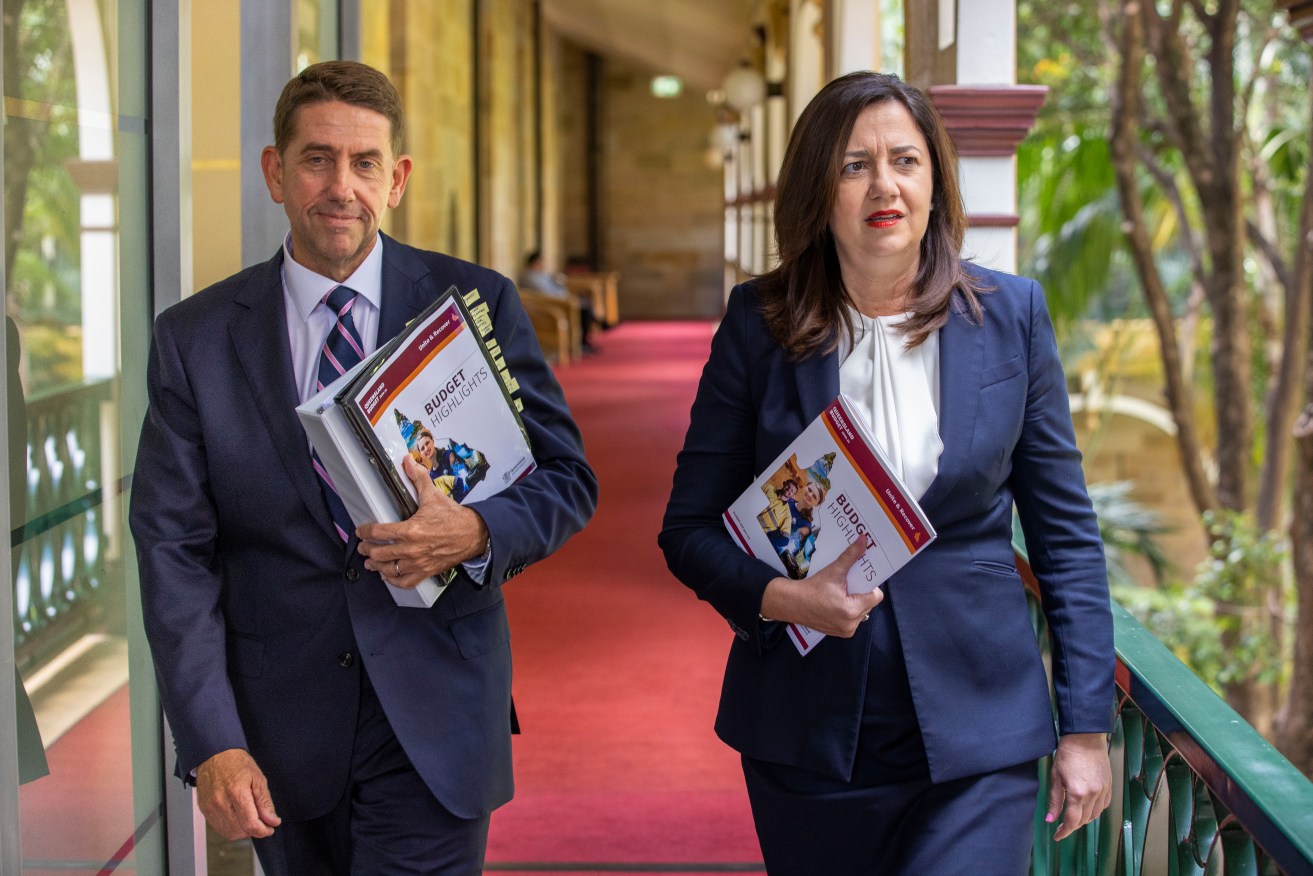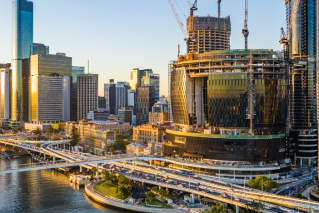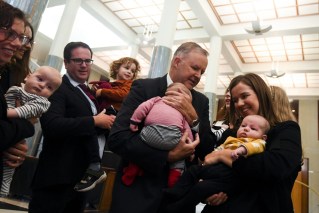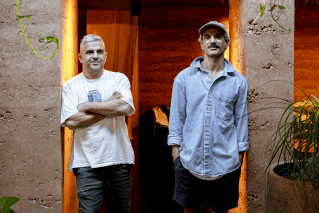Dick’s budget dilemma: It’s times like these you find out who your real friends are
Cameron Dick delivers the Palaszczuk Government’s eighth successive Budget tomorrow. The real challenge will be keeping business onside writes Robert MacDonald.


The Premier and the Treasurer are making it almost impossible for landlords; to make ends meet. (AAP Image/Glenn Hunt)
Treasurer Cameron Dick delivers the Palaszczuk Government’s eighth successive budget tomorrow.
His big challenge will be convincing Queensland business, large and small, he still has their best interests at heart.
It might be tough. The state’s miners are outraged he’s contemplating increasing coal royalties.
On-line gambling companies are furious he’s increasing the point-of-consumption tax to “level the playing field”.
And even the Chamber of Commerce and Industry Queensland, which tries to play an apolitical game, is critical of the Government’s recent efforts to help small business.
“CCIQ acknowledges the efforts and stimulus provided by the State Government to improve economic conditions for Queensland’s small business community throughout Covid,” it says in its pre-Budget submission.
“However, the Big Plans for Small Business Strategy 2021-23 was lacking in critical areas needed to support small businesses across the state.”
The CCIQ says most of the $140 million committed in the strategy had already been assigned and spent before its launch a year ago.
“With funding for small business grants already exhausted, this leaves Queensland with no cohesive plan for small business in fiscal year 2023,” the CCIQ says.
Getting and keeping business onside has always been a challenge for Labor governments, especially in Queensland where Joh Bjelke-Petersen spent decades demonising his opponents as evil, big-spending socialists.
Palaszczuk’s inaugural treasurer Curtis Pitt addressed the problem in his first budget in July 2015 by taking a leaf out of Premier Wayne Goss’s playbook of 25 years earlier.
Goss and his treasurer Keith de Lacy, knowing they had to prove they were responsible money managers, committed the new government to no new taxes or tax increases for the first term.
Pitt did the same thing.
But that was then. Eight years on, Dick clearly needs new sources of revenue, with debt now above $100 billion.
Traditional income streams, such as the billion dollars or so a year in dividends from the government-owned energy companies, are drying up.
This year’s budget is expected to show a windfall $8 billion or more in coal royalties (courtesy of the Ukraine war and the energy transition) and a big surge in stamp duty thanks to the post-pandemic property boom.
But those are likely to be short-term fillips.
In addition, the Government has taken to addressing cost-of-living pressure by handing out cash to householders – most recently $175 rebates for power bills.
That’s money that once would have gone to consolidated revenue as dividends from the power companies.
On the spending side, the health system is a growing political crisis for the government despite the hundreds of billions of dollars it has invested in the past eight years.
It might need to invest even more.
And public servants have started demanding 5 per cent-plus pay increases of a state government heavily beholden to the unions.
The Government can insist its debt ratio is better than most other states and that money had to be borrowed, and spent, to steer Queensland through the pandemic.
But now, after eight years at the helm, the Palaszczuk administration is reaching the point where it either cuts spending or finds new revenue.
Finding new money is always a challenge for state governments.
The things they can tax or levy fees on are limited by federal-state agreements and the Constitution.
And politically, most new or increased taxes and charges will always upset this or that group of voters.
When Jackie Trad was treasurer back in 2019, she thought she’d found a nice little earner when Queensland Treasury proposed a few tweaks to property taxes that would raise more than half a billion dollars over four years.
The beauty of it was only absentee foreign landlords would pay, or so the theory went.
In fact, and after the announcement, the experts realised the scheme would also catch local investors with shares in public companies and property trusts with majority foreign ownership.
Two-thirds of Brisbane’s CBD and their local investors could have been caught in the scheme, which was quickly and quietly dropped.
I suspect no one has any sympathy for gambling companies complaining about paying more tax and coal companies are big enough to argue their own case.
But for a state treasurer to come up with new taxes for both groups at the one time – and with limited stakeholder consultation – suggests a Treasurer looking for money rather than good relations with business.












